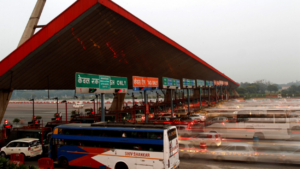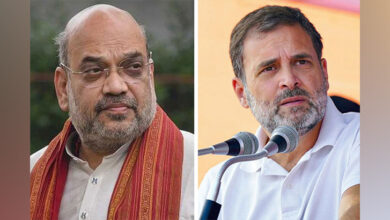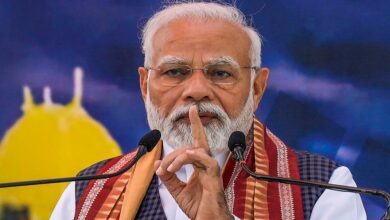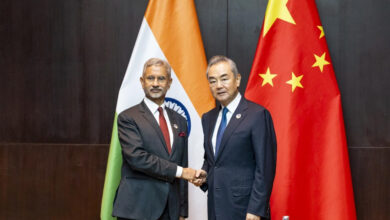India Halts Road Toll Hike Ahead of General Elections, Easing Burden on Commuters
In a significant move aimed at providing relief to millions of motorists and commercial vehicle owners, India has decided to put on hold a proposed hike in road toll charges, just ahead of the impending general elections.
The decision, which comes amidst a backdrop of rising fuel prices and concerns over the economic burden on commuters and businesses, will be welcomed by a wide spectrum of society. The proposed annual hike in road toll charges was poised to benefit highway operators such as IRB Infrastructure Developers and Ashok Buildcon Ltd, but could have potentially escalated freight rates, adding to the financial strain on businesses and consumers.
A senior official at the National Highways Authority of India revealed to Reuters, “The revision of user fee (toll) rates with effect from April 1 has been put on hold after taking permission from the Election Commission.”
The announcement arrives as India gears up for a general election spanning seven phases from April 19 to early June, with Prime Minister Narendra Modi and his coalition partners vying for electoral success against a formidable opposition alliance.
The decision to halt the toll hike comes amid mounting criticism from opposition parties and commuters, who have voiced concerns over the steady rise in toll charges and fuel prices since Modi assumed office. Toll charges are traditionally revised annually to keep pace with inflation, a move justified by the government as essential for financing the expansion of national highways.
The postponement of the toll hike aligns with the Election Commission’s directive to suspend the proposed annual increase in electricity tariffs until the conclusion of the electoral process, as per a government statement.
India’s toll collections have witnessed a significant surge, surpassing 540 billion rupees ($6.5 billion) in the fiscal year 2022/23 compared to 252 billion in 2018/19. This uptick can be attributed to the burgeoning road traffic and the proliferation of toll plazas, coupled with periodic adjustments in toll charges.
The decision to defer the toll hike underscores the government’s responsiveness to the socio-economic concerns of its citizens, particularly in the lead-up to a crucial electoral contest where public sentiment holds considerable sway.





